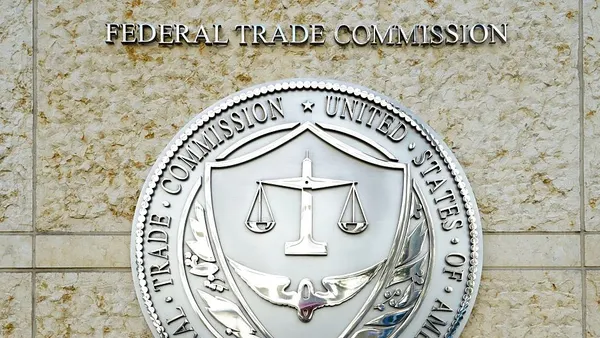Dive Brief:
- U.K. government agencies on Thursday handed Eisai and Biogen conflicting news on their medicine Leqembi, casting doubt on the sales potential of their Alzheimer’s drug in that country.
- The Medicines and Healthcare products Regulatory Agency approved Leqembi, indicating the drug for certain patients in early stages of the disease, with mild cognitive impairment and mild dementia. Research has shown Leqembi can modestly slow progression of the disease in those patients.
- But the National Institute for Health and Care Excellence, whose analyses are used by the National Health Service, issued a draft recommendation that said Leqembi’s benefits are too small to justify its costs. The agency is now taking comments on its draft until Sept. 20 and will hold a second meeting before producing a final recommendation.
Dive Insight:
The recommendation on cost is critical for Eisai and Biogen because the vast majority of the U.K. population depends on the National Health Service for care. If the institute, also known as NICE, recommends a treatment, the NHS has to make it available.
In this case, an independent NICE committee wasn’t convinced by research that showed Leqembi could slow disease progression by an average of four to six months. The agency said it’s focused on the limited NHS budget and whether a medicine offers enough value to taxpayers.
The benefits “are just too small to justify the significant cost to the NHS,” NICE Chief Executive Samantha Roberts said in a statement posted on the agency’s website. “It is an intensive treatment to give to patients involving a hospital visit every two weeks with skilled staff needed to monitor them for signs of serious side effects, plus the cost of purchasing the drug.”
NICE said the potential cost for the drug in the U.K. is confidential and that a commercial arrangement with Eisai would have applied with a positive recommendation. After Leqembi won approval in the U.S. in early 2023, Eisai set the list price there at $26,500 a year.
In a release announcing Leqembi’s marketing authorization in the U.K., Biogen and Eisai said they are working with NICE, NHS and the Scottish Medicines Consortium to make the medicine available to patients as soon as possible. NICE estimated that about 70,000 people in England would be eligible.
Meanwhile, Eisai is fighting to reverse the decision of a key regulatory committee that would keep Leqembi out of the European Union market. In July, a European Medicines Agency panel said the drug’s risks outweigh its possible benefits. Eisai said it would appeal the decision, a process that could take five to six months.
The U.S. has offered a smoother regulatory path, but sales there have also been challenging. Earlier this month, Biogen CEO Chris Viehbacher voiced optimism about future growth amid increasing orders and hopes for a new form of Leqembi that would take the form of an under-the-skin shot.
“We’re pretty convinced Leqembi is on the right path now,” he said on a call with reporters.













